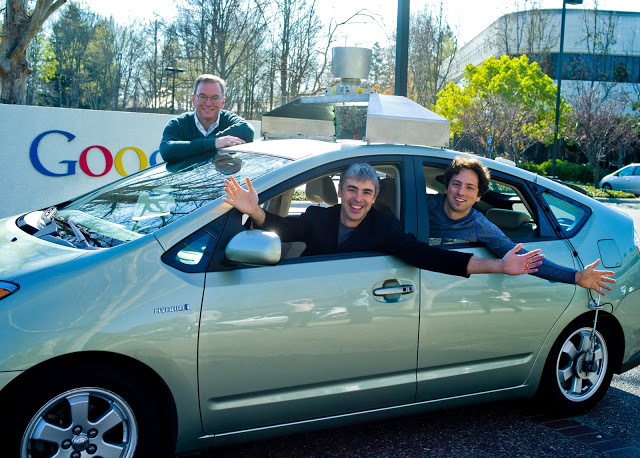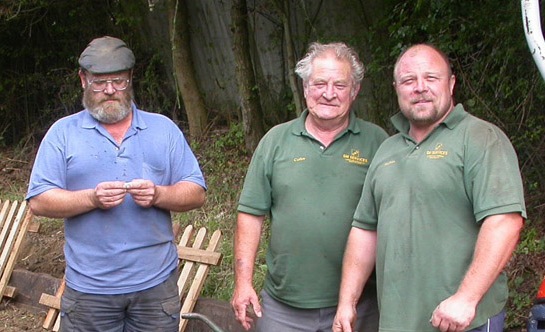Having seen Robert Scoble interview dozens of startups and founders, it was fascinating to get him on the other side of the camera for a Decoding the New Economy interview.
One of areas I was keen to explore with Scoble was his experience of moving from his blogging platform to Facebook and particularly the risk of being locked in a silo, something previously discussed with Doc Searls.
“I’d rather all my content wasn’t in Facebook,” Scoble observes, “but those days are over.”
Unlike Searls, Scoble sees the social media networks — particularly Facebook — as being a useful distribution tool while accepting their limitations; “I find I get a lot more engagement and distribution on Facebook.”
“Unlike a lot of other journalists I don’t have to make my money out of advertising so I don’t care about taking my eyeballs off the blog and onto Facebook.”
“It does limit my storytelling ability because you can only use one video and I can’t do a lot of typographic stuff,” says Scoble, “people are seeing these on mobile phones anyway so they don’t want to see all of this stuff anyway.”
The mobile aspect is key to the business world going forward, we stopped midway through the interview to buy an iPhone 6 which went on pre-order right in the middle of the discussion.
For the mobile world Scoble sees the rise of various ecosystems like Google’s and Apple’s forcing people to make choices about which camp they are going to join.
Like many in the tech industry, Scoble is very cautious about looking too far ahead; “none of the people, even the investors, are looking more than five years ahead.”
The key though is miniaturization as devices get smaller and more portable, the potential for technology becomes greater.
Whether that potential is limited by the desire of vendors to lock users into silos remains to be seen.
Similar posts:




